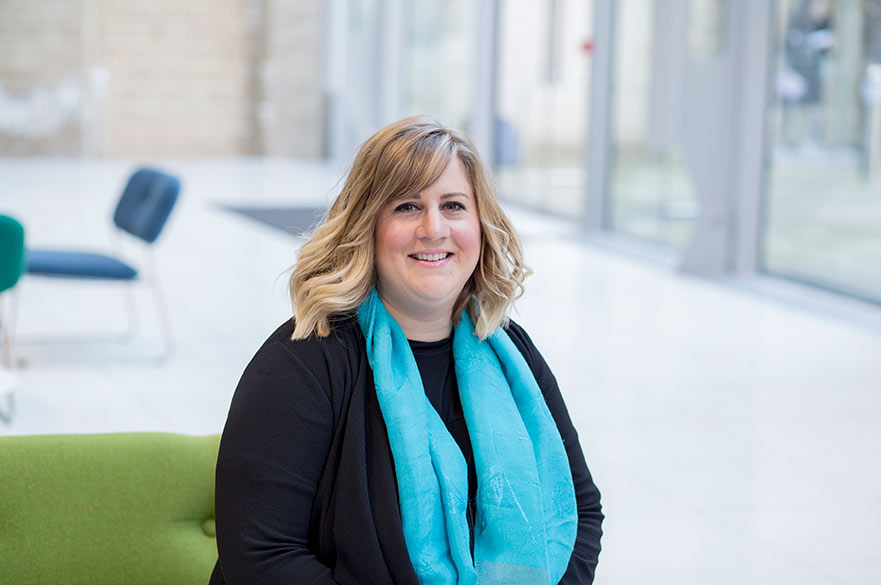Project
Young adult care(e)rs: Increasing participation and success at Nottingham Trent University and beyond
Unit(s) of assessment: Business and Management Studies
Research theme(s): Health Innovation
School: Nottingham Business School
Overview
Young adult carers (aged 14-25) provide unpaid care for an adult family member or friend, with an illness or disability, mental health condition or addiction. We do not know the exact number of carers in higher education, it is not formally identified at application stage, and some people may not recognise themselves as carers. Resultingly, they remain a hidden population where transitioning to university, and beyond, can be challenging. Caring can be conceptualised as a type of informal/unpaid work and research has found that although young adult carers can gain a range of skills through caring, juggling it with education can affect their health and social life. Limited research has focused on young adult carers’ experiences, support needs across the student lifecycle in higher education, and the impact of caring on education and career choices.
Addressing the challenge
This project is currently seeking young adult carers (aged 18 – 25) at University in the UK to participate in research interviews to hear in depth about their experiences.
People

Dr Louise Oldridge, Senior Lecturer at Nottingham Business School
The NTU team is led by Dr Louise Oldridge who has previously conducted research with women exploring the impact of caring on their careers, the findings of which contributed to the joint carers strategy 2018 – 2021 ‘Recognising, Valuing and Supporting Carers in Leicester, Leicestershire and Rutland’ developed by Leicester City, Leicestershire County Council, Rutland County Council and the Clinical Commissioning Groups (CCGs) for Leicester City, Leicestershire and Rutland. She is supported by Dr Nadia Kougiannou. The research has ethical approval and is supported by internal NTU funding.
Making a difference
In developing knowledge about how caring has impacted higher education experiences and choices, we seek to use our findings to understand the best modes of support across the student life cycle, and make policy recommendations.